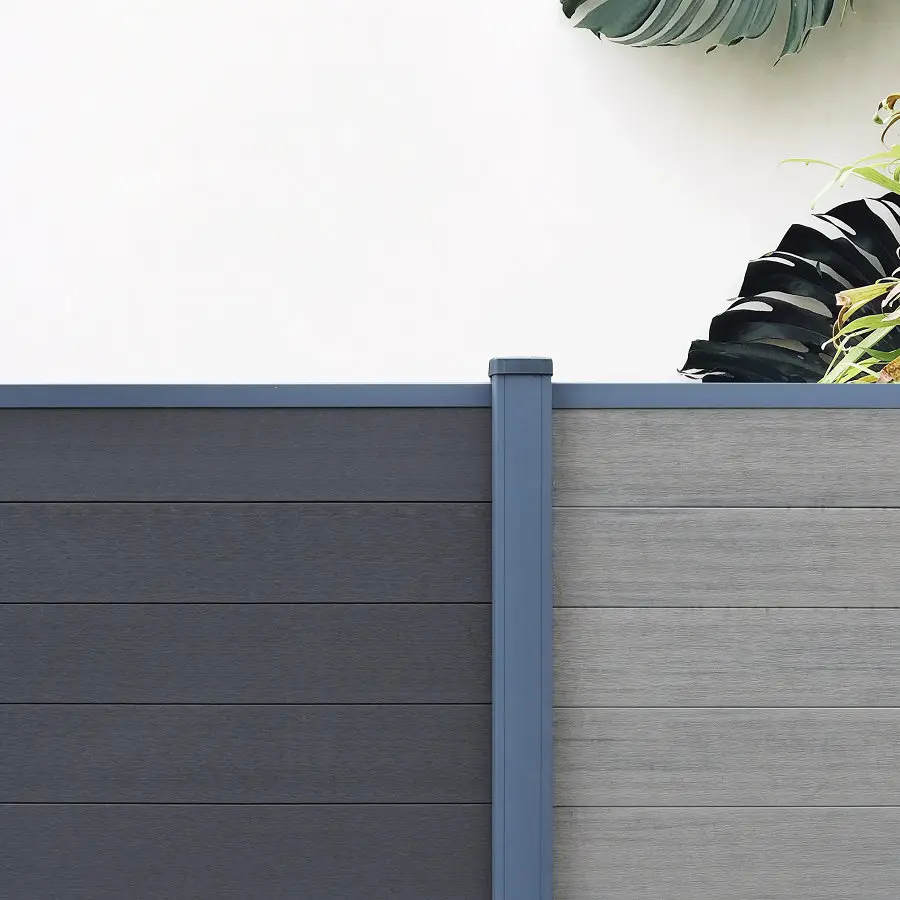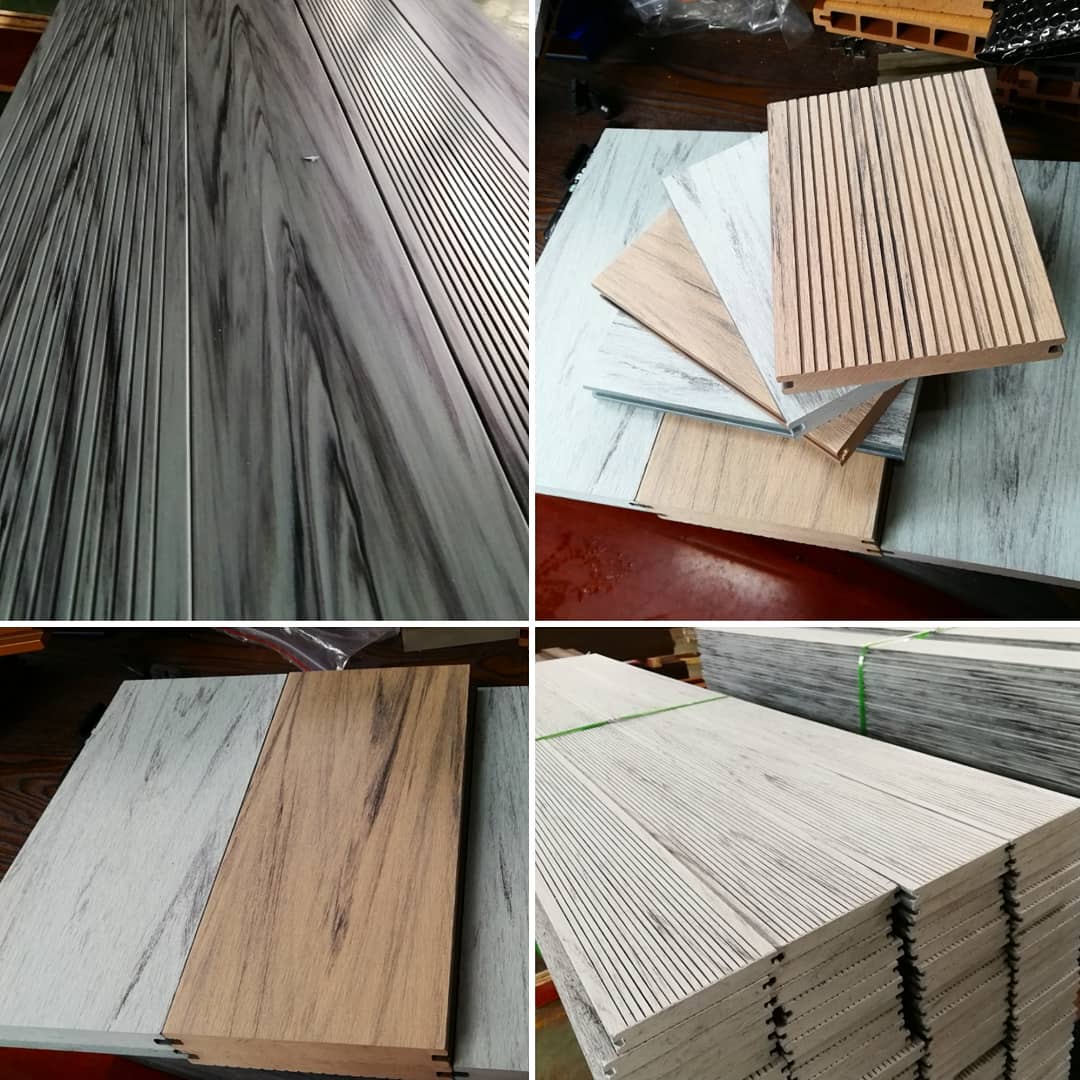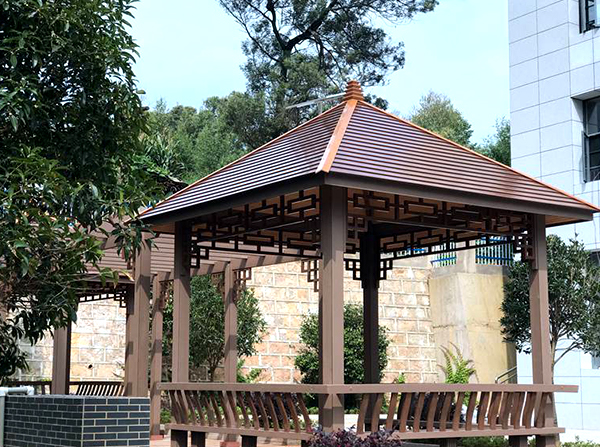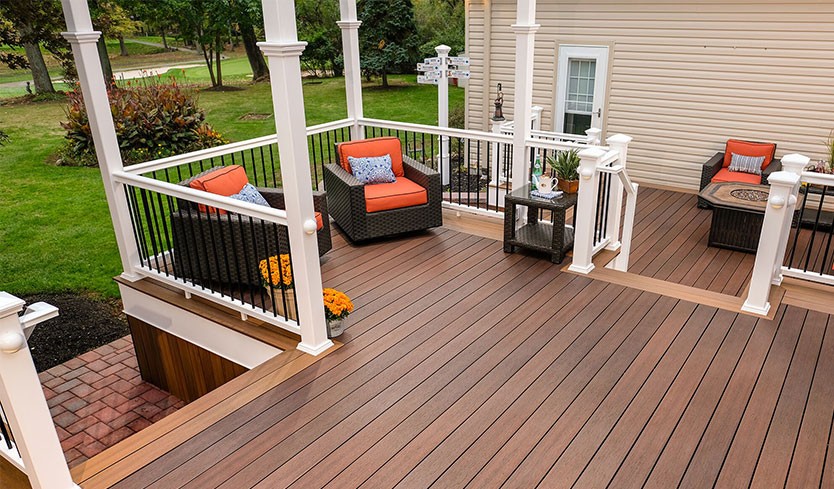Deck WPC Argentina:At the recent Buenos Aires Construction Expo, one material shone brightly among the rest: Wood Plastic Composite (WPC). As Argentina continues to embrace sustainable building practices, WPC has emerged as a leading choice for developers and architects. This innovative material was showcased prominently at the Expo and sparked invigorating conversations about its potential to revolutionize construction in Argentina.
Table of Contents
The Rise of Deck WPC Argentina
Argentina’s construction industry has been evolving rapidly, with a growing focus on sustainability and environmental responsibility. The Buenos Aires Construction Expo, one of the most significant events in the sector, provided the perfect platform for WPC to make its mark. The Expo highlighted the material’s versatility and durability, attracting the attention of industry professionals who are keen to explore eco-friendly alternatives to traditional building materials.
WPC, a blend of wood fibers and plastic, offers a compelling combination of strength, longevity, and environmental benefits. Unlike traditional wood, WPC is resistant to rot, insects, and the harsh effects of weather, making it an ideal choice for Argentina’s varied climate. These properties were a focal point at the Expo, where attendees could see firsthand the quality and resilience of WPC products.
Real-World Applications: The Puerto Madero Project
One of the key highlights of the Expo was the discussion about real-world applications of WPC in Argentina. The Puerto Madero project, a major urban redevelopment initiative in Buenos Aires, has incorporated WPC materials into its design, showcasing the practical benefits of this innovative material.
Puerto Madero, a vibrant waterfront district, has undergone significant transformation in recent years. The use of WPC in public walkways, benches, and decking has not only enhanced the area’s aesthetic appeal but also provided long-lasting durability with minimal maintenance. The choice of WPC for such a high-profile project underscores its growing acceptance and potential in Argentina’s construction industry.
The WPC used in Puerto Madero has demonstrated exceptional performance, withstanding the heavy foot traffic and exposure to the elements typical of a bustling urban area.

Deck WPC Argentina
The success of WPC in projects like Puerto Madero has sparked interest across the Argentine market. The material’s popularity is spreading beyond large-scale developments to both residential projects and commercial projects throughout the country. The Buenos Aires Construction Expo provided further evidence of this trend, with numerous exhibitors showcasing WPC products designed for various applications, from decking and fencing to cladding and outdoor furniture.
One of the most compelling aspects of WPC is its eco-friendly nature. As Argentina grapples with the challenges of climate change and environmental degradation, the demand for sustainable building materials has never been higher. WPC, made from recycled wood fibers and plastics, aligns perfectly with this demand, offering a green alternative that doesn’t compromise on quality or performance. Its eco-friendly nature provides reassurance that we can build a sustainable future without sacrificing quality.
Exploring the Versatility of WPC
At the Expo, visitors were treated to a showcase of WPC’s versatility. The material’s adaptability was on full display, with examples of its use in various contexts, from modern urban developments to rustic rural settings. Whether it’s a sleek, contemporary deck for a luxury apartment in Buenos Aires or a durable fence for a countryside estate, WPC can be tailored to meet a wide variety of aesthetic and functional requirements.
One of the most interesting discussions at the Expo revolved around the different types of WPC available in the market. For instance, Solid WPC, known for its strength and robust structure, is ideal for areas with high traffic or exposure to harsh conditions. On the other hand, Hollow WPC offers a lighter, more cost-effective solution for projects where weight and budget are key considerations.
WPC also comes in various colors and finishes, providing architects and designers with the flexibility to achieve the desired look without sacrificing environmental benefits. The material’s adaptability makes it an attractive option for both new constructions and renovations, where it can seamlessly blend with existing structures or add a modern touch.

HOSUNG WPC: Leading the Way in Sustainable Solutions
Among the companies leading the charge in WPC innovation is HOSUNG, a name synonymous with quality and sustainability in the WPC market. HOSUNG’s WPC products were prominently featured at the Buenos Aires Construction Expo, drawing considerable interest from attendees. Known for superior durability and aesthetic appeal, HOSUNG’s offerings are perfectly suited to meet the growing demand for eco-friendly materials in Argentina.
We stand out not only for our product’s high-quality production but also for our commitment to environmental responsibility. Our company uses advanced manufacturing techniques that reduce waste and energy consumption, ensuring that our products are as green as they are. This commitment to sustainability has made HOSUNG a trusted partner for projects like Puerto Madero and beyond.
For those looking to embrace sustainable building practices in Argentina, HOSUNG WPC offers a reliable and versatile solution. Whether you’re planning a large-scale development or a smaller residential project, HOSUNG‘s range of WPC products can help you achieve your goals without compromising on quality or environmental impact.




